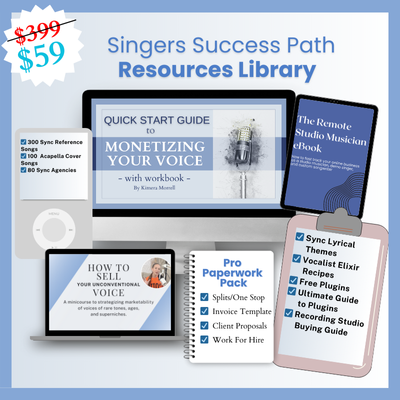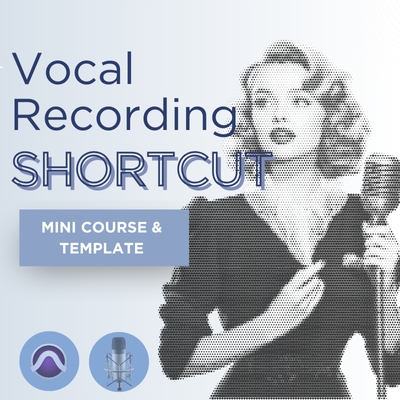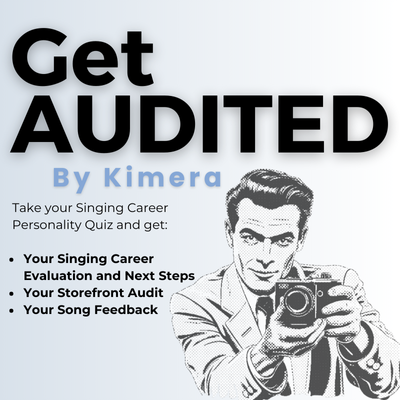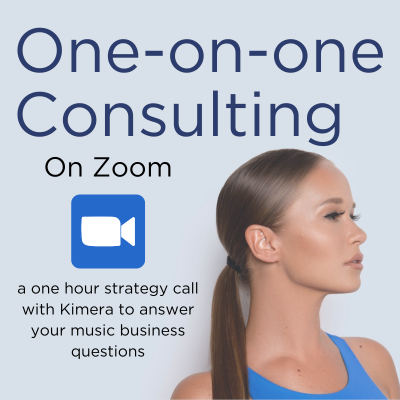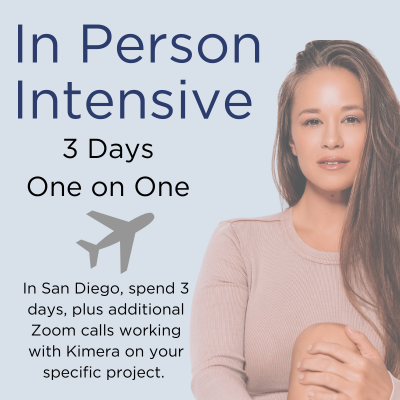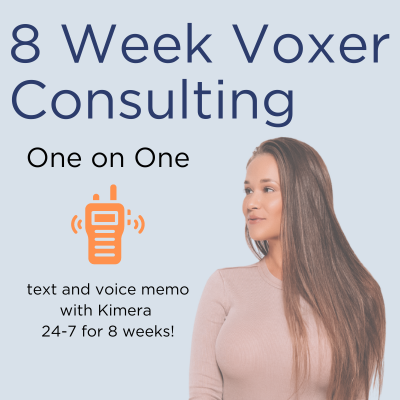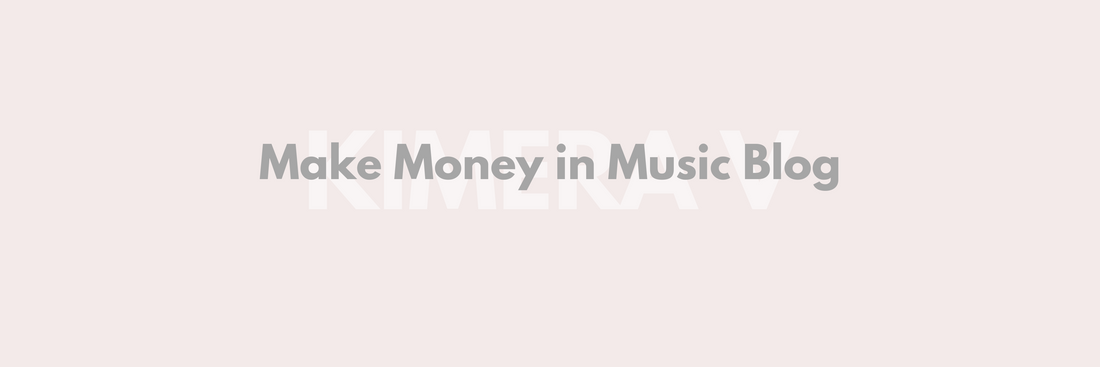
Setting Prices for Remote Studio Gigs
Kimera MorrellReady to Offer Your Studio Services? Here’s How to Price Them
Not sure how much to charge for producing, singing, songwriting, mixing, or recording your instrument? Let me give you some things to think about to help you make that decision.
Setting Your Price
You’re welcome to charge whatever you want! It really comes down to how freakin’ awesome you are and how busy you want to be. Websites like SoundBetter.com can boost your visibility based on algorithmic factors like how many 5-star reviews you have and how often you’re hired. Lowering your prices initially can help you build up those algorithmic points faster, so your visibility goes up. Once you’re consistently booking gigs, raise your prices.
For sites like Airgigs where the algorithm isn’t a factor, having few reviews might make clients hesitant. Lower your price until you’ve built up a solid number of reviews.
Understanding Your Competition
The easiest way to figure out how to price your services is to see what your competition is charging. If you don’t find prices listed, don’t hesitate to send a fake message pretending to be a client and ask their rates. Sometimes, it’s as simple as that!
Avoiding the Undercut
I encourage all artists to resist the urge to keep lowering prices just to compete with each other. The prices for services have been dropping while the cost of gas and eggs keeps rising. So, once you’re rockin’ and rollin’, be confident in charging a premium rate. It actually helps your competitors too, and we all win in the end!
My Pricing Experience
Here’s the juicy deets about how I charge:
-
Songwriting: The going rates I’ve seen are about $400-$700 on average, with some songwriters charging $1200 or more because they have major credits and limited availability.
-
Demo Singing: When I was starting out, I charged $200 and even $175 per song to build up reviews. Now, I charge $350 for a full demo recording for a standard pop song length.
Offering Variations and Flexibility
I encourage people to offer variations on their services to provide options. For example, I offer leads only versus including harmonies and adlibs. Some clients might not be able to afford the full rate, so providing this option helps them out.
The market fluctuates. When I’m super slow, I might lower my price behind closed doors, but when I’m busy, I raise it. I don’t list my prices as set in stone. Some projects have a key change, extended cuts, or specific requirements that make it necessary to adjust pricing.
Add-Ons to Consider
-
Expediting Fee: If someone needs a song in under 48 hours, I charge $75, but this is on a case-by-case basis depending on my availability. If I have clients who have been waiting a while, I might not bump their project for $75 due to integrity.
-
Revision Policy: Decide how many rounds of revisions are included and charge extra for additional ones. I usually charge $50 for minor revisions and up to $150 for more complex changes, or even full price to start over if needed. Being clear about your revision policy helps with efficiency; people will be more precise with their requests to avoid extra charges.
Bulk Discounts
You might consider offering bulk discounts. I did this early on, but it no longer makes sense for me because I have returning clients who hire me repeatedly without needing a discount. Once you’ve built up your service and clout, you don’t need to offer discounts. You should be paid what you deserve for all the years and money you’ve invested in perfecting your craft.
Stay Connected
The best place to learn more about making money with your music is my Youtube channel! Subscribe and check out this playlist in particular where I talk about about Soundbetter and other income streams:
https://www.youtube.com/watch?v=KiCynJNH5VY&list=PLeoLC0UqQLXjKQJnXHBpgchTfdk6cMVGe&index=2&t=11s
![Master List of Revenue Streams [FREE]](http://kimerav.com/cdn/shop/files/SSP_Resources_Square_1.png?v=1722012080&width=533)
![Vocal Recording Simplified Handbook [FREE]](http://kimerav.com/cdn/shop/files/SSP_Consulting.png?v=1722012447&width=533)
